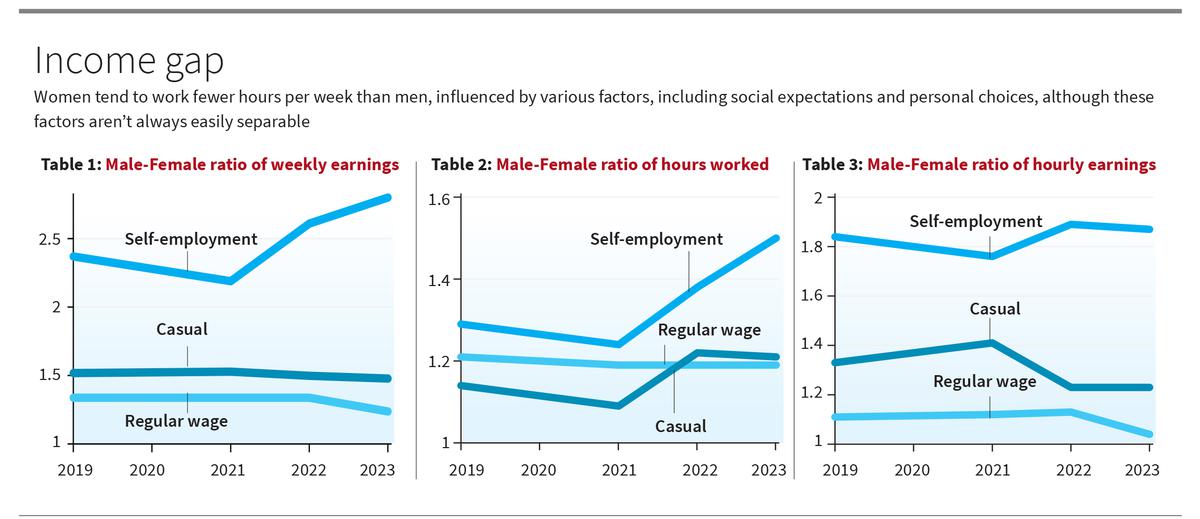Automakers opine that the policy will not only boost the sales but also help achieving clean and green environment.
| Photo Credit: PTI
The Union Budget for 2023-2024 has laid special emphasis on vehicle scrapping policy by allocating adequate funds to replace vehicles that are over 15 years.
The move has been hailed by the automobile manufacturers as it would provide a significant opportunity for fleet modernisation and reduce fossil fuel consumption to a great extent.
While presenting the Union Budget on Wednesday, Finance Minister Nirmala Sitharaman said all State and Central government-owned vehicles including buses owned by transport corporations and public sector undertakings that have been on the road for over 15 years will be scrapped.
“Replacing old polluting vehicles is an important part of greening our economy. To further the vehicle scrapping policy mentioned in Budget 2021-22, I have allocated funds to scrap old vehicles of the Central government. States will also be supported in replacing old vehicles and ambulances,” she said.
Ashok Leyland Executive Chairman, Dheeraj Hinduja said this budget also echoes the company’s sentiment and commitment to clean energy vehicles for a cleaner and greener future, as part of a national mission to achieve the net zero carbon emission goal.
Sharing the same view, Vikram Gulati, Country Head and Executive Vice-President, Toyota Kirloskar Motor said it would not only help the environment and reduce fossil fuel consumption, but also generate demand for new vehicles.
Chetan Maini, Co-founder & Chairman, Sun Mobility described it is a positive step in the direction of zero carbon emission goal.
Stating that the ₹10 lakh crore in infrastructure spending will aid commercial vehicle sales, Federation of Automobile Dealers Associations of India, President Manish Raj Singhania said the aim to scrap all old government vehicles by aiding the State governments would boost all segment sales.
“The policy will not only boost the sales but will also enable in achieving clean and green environment for overall sustainable development. Additional, funds infusion in the scrappage policy is a remarkable step in the right direction to achieve India’s goal of being carbon neutral by 2070,” said Venkatram Mamillapalle, country CEO & MD, Renault India.
“It would also eventually help the entire ecosystem of automotive industry as this will translate into growing order books of original equipment manufacturers, increased output and job creation,” he said.
Daimler India Commercial Vehicles MD & CEO, Satyakam Arya said the policy provides the industry to prepare itself to replace phased out vehicles and also encourage the proliferation of scrappage companies to expand .









